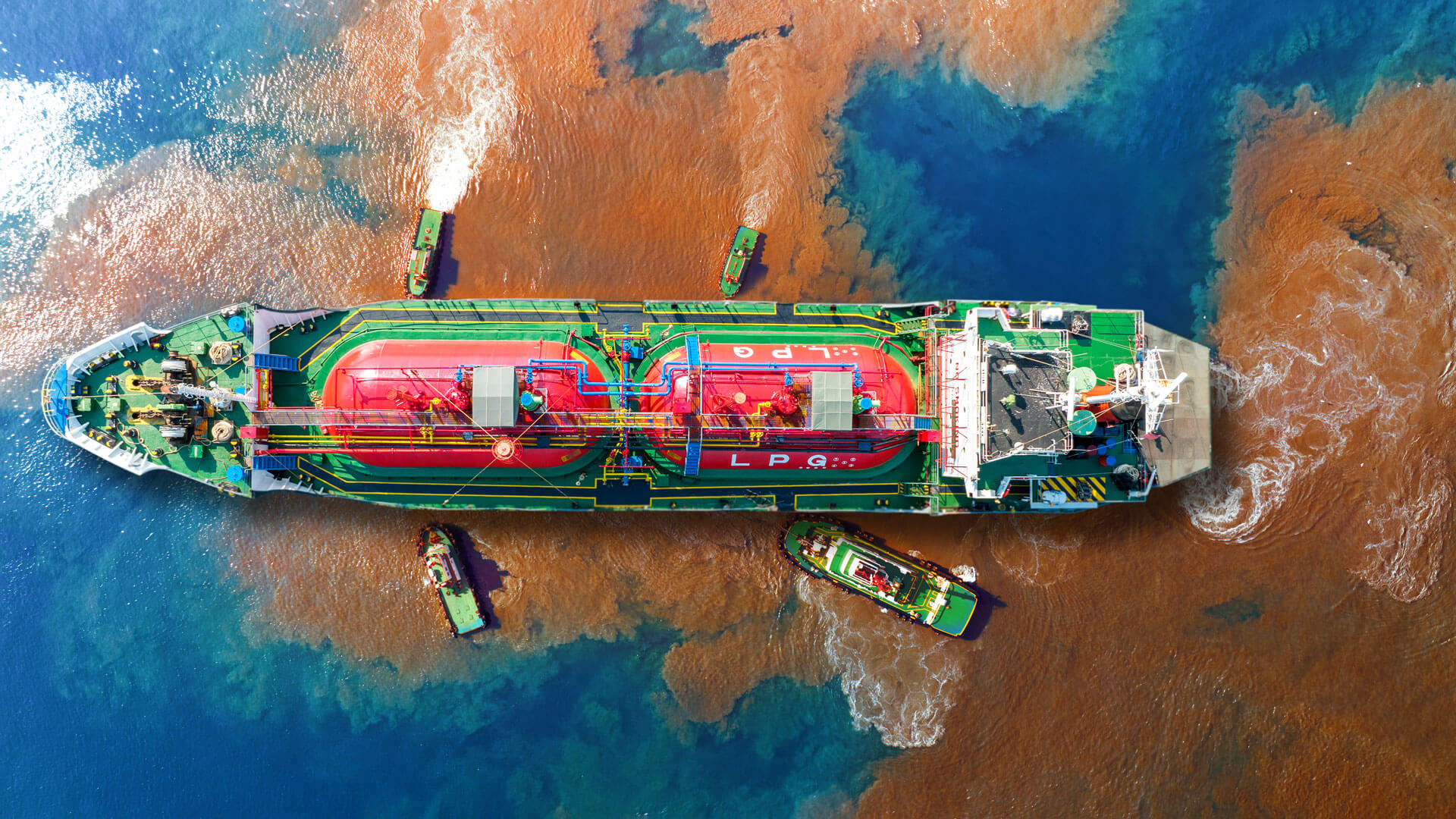How microbes can help us protect the environment
Athabasca University researcher Dr. Srijak Bhatnagar says microbes can warn of damage and help clean it up
Microbes are powerful but unappreciated allies in our efforts to clean up the environment and fight disease, says Dr. Srijak Bhatnagar, a researcher and assistant professor of computational biology at Athabasca University.
“They do so many different things that just go unseen and unnoticed,” he says. Microbes play a critical role in producing antibiotics such as penicillin, and contribute to many of our daily staples, like bread and beer.
Cleaning up toxins
While they eat benign foods like starch and cellulose, microbes can also consume things that are harmful to humans and our environment, like benzine from oil spills, or microplastics in our waterways and landfills.
“As soon as an oil spill happens, they will identify, ‘there is food for me,’ and they will rapidly start eating oil and start multiplying.”
Not only do they eventually help clean up the spill, but they can forewarn scientists who detect them rapidly multiplying at an early stage, signaling there is a contaminant in the environment.
“Microbes are the canary in the coal mine,” he explains. “We can use that as a warning system that something’s happening in the water.”
Checking water for signs of pollutants
Bhatnagar and his colleagues are currently studying the lakes and rivers of the Bigstone Cree Nation, which have oilsands activity nearby, to see what microbes are in the water, potentially telling them what pollutants might also be there.
In the future, microbes could be used to create new antibiotics, or help remove contaminants like microplastics, the tiny particles of degraded plastic that persist in our environment, he adds.
Research with Reach
Read more stories in our Research with Reach series or watch the videos.
